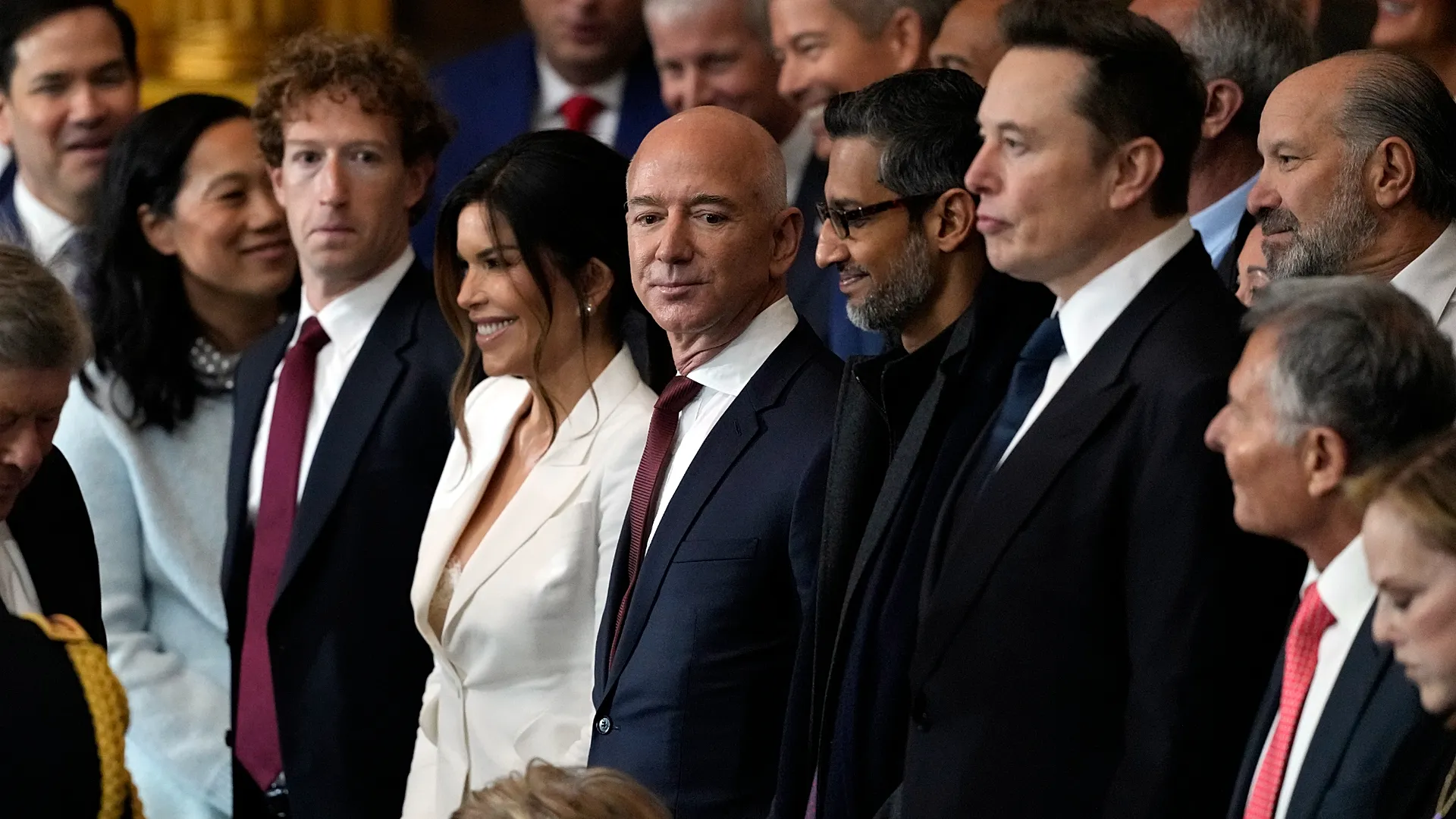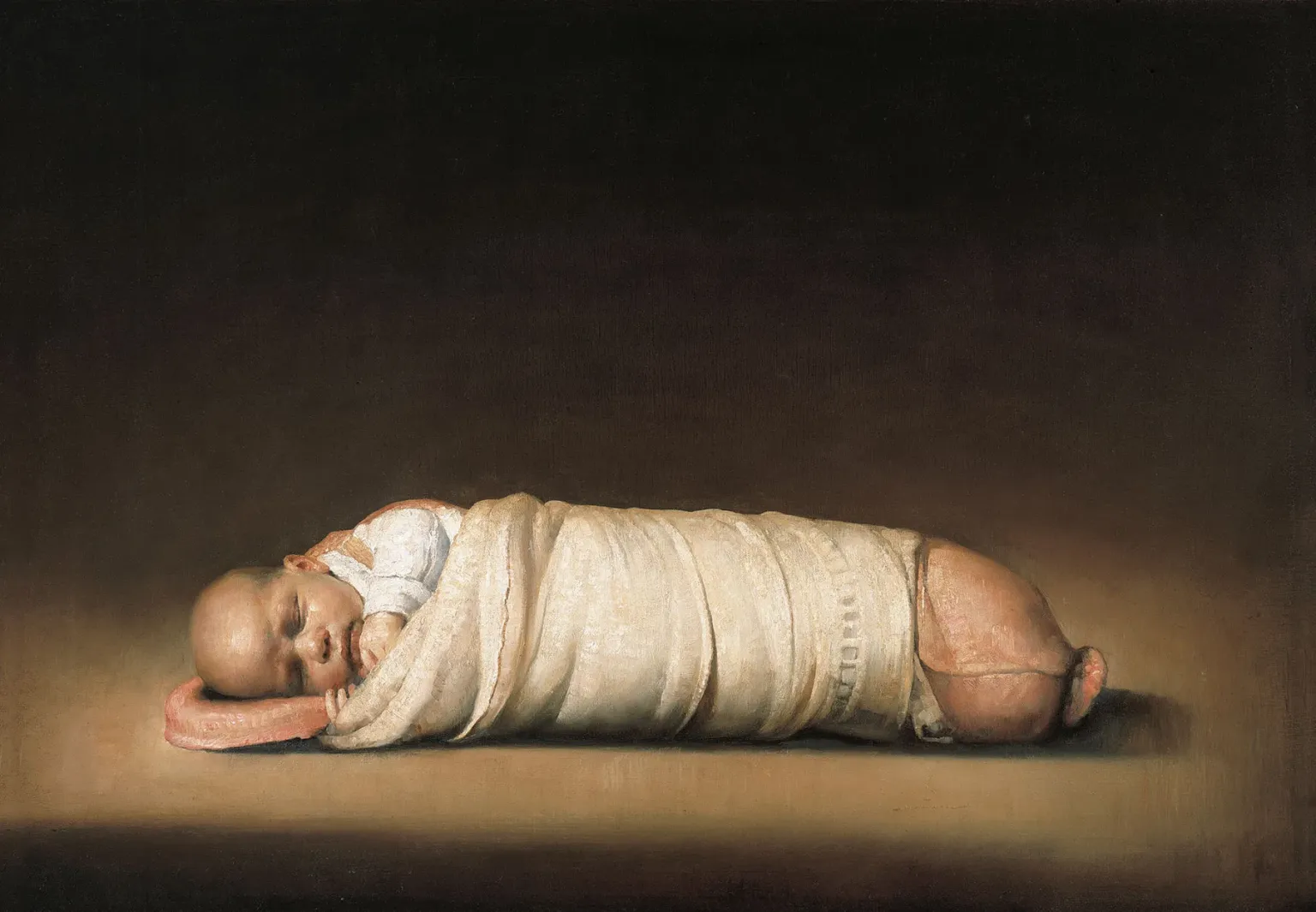“Tradwife,” “Skibidi,” and “Broligarchy” are just a few of the 6,000 new words added to the Cambridge Dictionary this year. These terms highlight the impact of TikTok and social media culture on language, identity, and social norms. Recently, the online edition of the Cambridge Dictionary showcased the 6,000 new words added this year, once again revealing the lasting influence of internet culture on everyday language. Today, it is not only academia, literature, or the media that shape linguistic authority; content produced on social media platforms like TikTok and YouTube increasingly determines which words gain official recognition. Among this year’s notable additions are the words skibidi, delulu, and tradwife.
Social Media as a New Language Workshop
Raymond Williams’ broad definition of culture—as encompassing not only “high art” but also “all practices of everyday life”—seems particularly relevant today. Content produced on TikTok, Instagram, and YouTube functions much like a “culture industry”: it does not merely provide visual consumption but actively reshapes language through new words and associations.
Skibidi first appeared in the absurd YouTube animation Skibidi Toilet, in which human heads emerge from toilets. This viral content quickly entered children’s language games. The Cambridge Dictionary notes that the word can be used in different contexts, meaning “cool” or “bad,” and sometimes simply as a humorous, empty exclamation.
Similarly, delulu, derived from the English word “delusional,” can mean “dreamer” or “detached from reality.” Initially emerging from K-pop fan culture, the term eventually entered political discourse; for example, Australian Prime Minister Anthony Albanese used the word in Parliament, demonstrating the reach of internet language into politics.

“Tradwife”: Mormon Aesthetics and the Image of Womanhood
In recent years, the rising social media phenomenon of tradwife (traditional wife) has gained a large following on platforms such as TikTok and Instagram. The tradwife movement elevates women’s domestic roles, presenting devotion to husband and family as a way of life; however, the phenomenon extends beyond individual lifestyle choices to make an ideological framework visible. While the Cambridge Dictionary defines tradwife neutrally as “a woman who celebrates her devotion to her husband and family, especially on social media,” this definition conceals an aesthetic and message that romanticizes the patriarchal family model of the 1950s.
Since the 2020s, tradwife content on TikTok and Instagram is often presented with an aesthetic inspired by Mormon (Latter Day Saints) culture. As seen in examples like Ballerina Farm, rural life, bread-making, childcare, and devotion to one’s husband are romanticized. Hannah Neeleman, a mother of eight in Utah, gained a large following under the username Ballerina Farm. Her videos glorify domestic labor and explain her embrace of the traditional wife role through religious beliefs and family values. However, after an interview with The Sunday Times in 2024, the romanticization and social media sharing of this lifestyle became a point of public debate. Critics argue that such content defines women solely through domestic roles while rendering alternative expressions of womanhood invisible.
Tradwife content does more than showcase women’s lives; it represents womanhood within a specific ideological framework. These videos portray “motherhood” and “wifely duties” as natural and exalted roles, disregarding other paths and forms of womanhood in an era of feminist achievements. Creators like Narah Smith similarly glorify domestic labor and traditional female roles, idealizing home and family life while offering followers an aesthetic reminiscent of 1950s nostalgia. Both creators provide transparent glimpses into everyday life that appeal to viewers, yet simultaneously facilitate the circulation of patriarchal norms.
The Politicization of Internet Jargon
Other new words in the Cambridge Dictionary reveal that social media is not merely a space for entertainment but also a platform for political and economic critique. For instance, broligarchy, a portmanteau of “bro” and “oligarchy,” is defined as “a group of a few, mostly extremely wealthy and powerful men in the tech sector who either seek or wield political influence.” This term is often used to satirize tech leaders in Silicon Valley. Figures such as Jeff Bezos, Elon Musk, Mark Zuckerberg, or former Twitter CEOs Jack Dorsey and Parag Agrawal can be seen as symbols of this digital elite male group. Online news and social media critique not only their corporate management but also their political and cultural influence.

Social Media and Language
These examples confirm Pierre Bourdieu’s idea that language is not only a tool for communication but also a practice that carries power relations. Words born on TikTok, YouTube, and other social media platforms shape not only the playful language of youth but also societal norms, identities, and power dynamics. Their inclusion in dictionaries signals that internet jargon has moved beyond a temporary trend to become lasting cultural codes. Language is not merely a means of communication; it is an arena for cultural expression, social critique, and political debate. The new words in the Cambridge Dictionary demonstrate how social media, through younger generations, both reconstructs entertainment and ideology, shaping the future of language.








